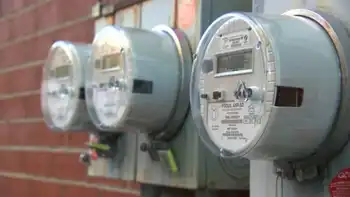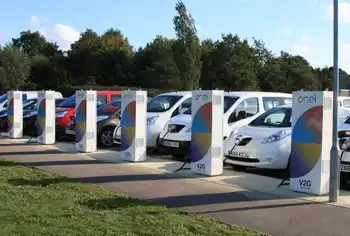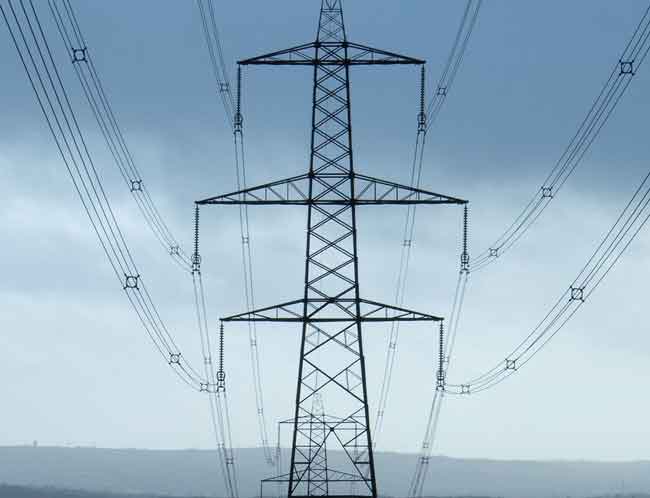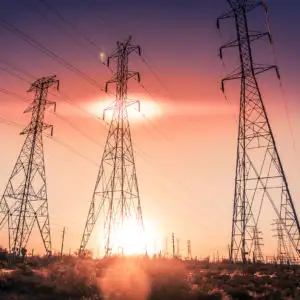California unveils ambitious climate plan
By Reuters
NFPA 70b Training - Electrical Maintenance
Our customized live online or in‑person group training can be delivered to your staff at your location.

- Live Online
- 12 hours Instructor-led
- Group Training Available
The plan, which aims to reduce pollutants by 10 percent from current levels by 2020 while driving investment in new energy technologies that will benefit the state's economy, is the most comprehensive yet by any U.S. state.
It could serve as a blueprint not only for the rest of the United States, but also for other big polluting nations like China and India, planners and environmental groups said.
"This is of tremendous importance, not only for California," Mary Nichols, chairman of the influential California Air Resources Board (CARB), said on a conference call with reporters. "By taking action here... we will be able to help motivate other states in our nation."
At a meeting in Sacramento, CARB staff presented a series of proposals that would become law in 2012, with some measures going into effect two years earlier.
The initiatives include implementing a cap-and-trade program on carbon dioxide emissions that will require buildings and appliances to use less energy, oil companies to make cleaner fuels, and utilities to provide a third of their energy from renewable sources like wind and solar power.
The program will also encourage development of walkable cities with shorter commutes, high-speed rail as an alternative to air travel, and will require more hybrid and hydrogen-fueled vehicles both to move goods and people, CARB said.
Gov. Arnold Schwarzenegger, whose landmark 2006 law aimed at reducing the state's greenhouse gas emissions prompted CARB's plan, supports the program, Nichols said.
CARB said the measures will benefit residents of the most populous U.S. state by reducing pollution-related illnesses such as asthma and bronchitis, and by stimulating investments in new energy technologies that will create jobs.
Nichols declined to speculate on what the program will cost for individual business sectors such as the utility industry, but said the initiatives overall should benefit the state's economy by about 1 percent starting in 2020.
"Since most of the measures in this plan are designed to make our state more energy-efficient, we believe we can predict with confidence that this is a plan that works to the benefit of the California economy," Nichols said.
CARB estimated that more efficient appliances and homes would save households, on average, about $200 a year. Meanwhile cleaner cars, while more expensive to buy, are expected to save drivers about $30 a month in fuel.
Environmental advocates, most of whom work closely with CARB, applauded the plan. Erin Rogers, a California coordinator for environmental group the Union of Concerned Scientists, called the program "ambitious, visionary and far-reaching."
"Unless we can lead the way and show not only the nation but the world how this can be done, we face some very serious global warming impacts in California," Rogers added.
California has long been a leader in the United States on matters of climate change, and CARB said its plan will reduce annual emissions per capita to 10 tons of carbon dioxide per person by 2020 from 14 tons per person currently.
That means the state's emissions will be about 30 percent below what they would have been without the plan, Nichols said.











